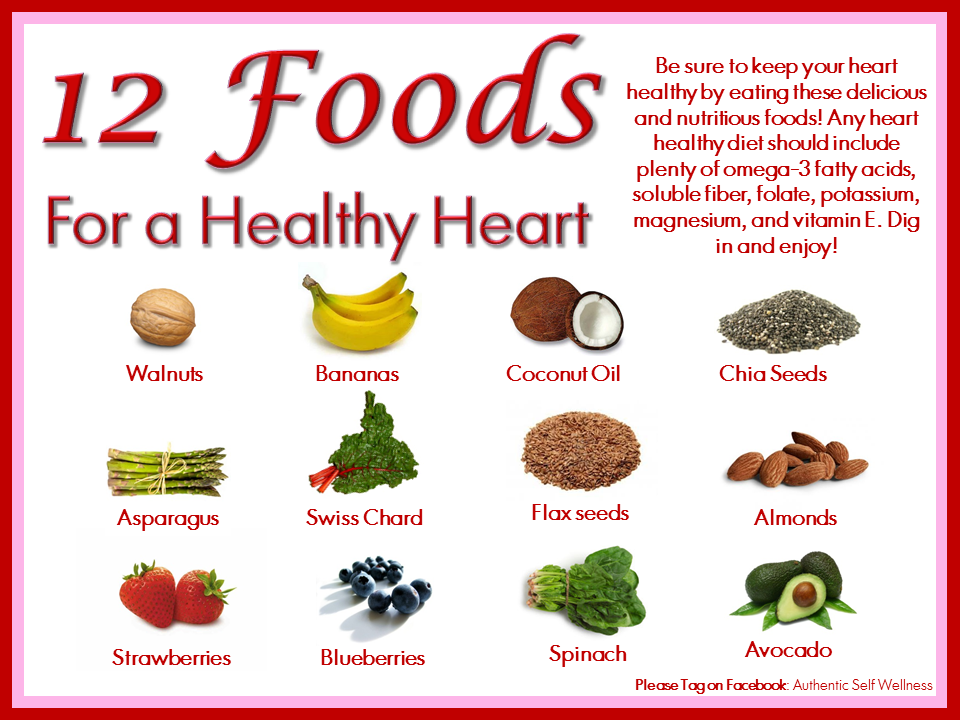Best Food For Heart Attack Patients
Monday, April 3, 2023
Edit

Best Food for Heart Attack Patients
What is a Heart Attack?
A heart attack, also known as a myocardial infarction, occurs when the flow of oxygen-rich blood to a section of heart muscle is blocked. If the flow of blood isn't restored quickly, the section of heart muscle begins to die. Heart attack is a serious medical emergency that requires quick treatment. The sooner a person receives treatment for a heart attack, the less damage is likely to occur.
What Causes a Heart Attack?
A heart attack is usually caused by a build-up of fatty deposits and calcium on the walls of the arteries that supply blood to the heart. These deposits, called plaques, can partially or completely block the flow of blood. When a plaque breaks open, it causes a blood clot to form in the artery, which can completely block the flow of blood. This can cause a heart attack.
What is the Best Diet for Heart Attack Patients?
The best diet for heart attack patients is one that is rich in fruits, vegetables, whole grains, lean proteins and healthy fats. Eating a balanced, healthy diet can help reduce cholesterol, lower blood pressure and reduce the risk of cardiovascular disease. It is also important to limit the intake of saturated fats, trans fats, sodium and added sugars, as they can increase the risk of heart attack and stroke.
Fruits and Vegetables
Fruits and vegetables are an important part of a heart-healthy diet. Eating a variety of different colored fruits and vegetables can provide essential vitamins, minerals and antioxidants that can help reduce inflammation and protect the heart. Aim for at least 4-5 servings of fruits and vegetables per day.
Whole Grains
Whole grains are an important part of a heart-healthy diet. Whole grains are rich in fiber, which can help reduce cholesterol levels and lower the risk of heart disease. Aim for at least 3-4 servings of whole grains per day. Examples of whole grains include oats, quinoa, brown rice, barley, buckwheat and bulgur wheat.
Lean Proteins
Lean proteins are an important part of a heart-healthy diet. Lean proteins are low in saturated fat and high in protein, which can help reduce cholesterol levels and lower the risk of heart disease. Aim for at least 2-3 servings of lean proteins per day. Examples of lean proteins include fish, poultry, eggs, beans, tofu, tempeh and nuts.
Healthy Fats
Healthy fats are an important part of a heart-healthy diet. Healthy fats can help reduce cholesterol levels, lower blood pressure and reduce the risk of cardiovascular disease. Examples of healthy fats include olive oil, avocado, nuts and seeds. Aim for at least 2-3 servings of healthy fats per day.
Eating a balanced, healthy diet can help reduce the risk of heart attack and stroke. Following the tips above can help heart attack patients maintain a healthy diet and reduce their risk of future heart attacks.
Best Fruits For Heart Surgery Patients - Aria Art

Best Foods For Heart Health - Infographic | Foods for heart health

Foods to stop a stroke. Check out 10 tips to prevent heart disease and

Heart Disease and Diet

15 Foods That Take Care of Your Heart and Decrease the Risk of Heart

Heart Healthy Foods - DRS. LILA & SAMUEL FLAGLER

Food Good For Heart Attack Patients - Ramen Recipes Chicken

Food Good For Heart Attack Patients - Ramen Recipes Chicken

Daily Health Tips on Twitter | Top healthy foods, Heart healthy recipes

Know How to Recognize a Heart Attack in 2020 | Foods to avoid, Good
